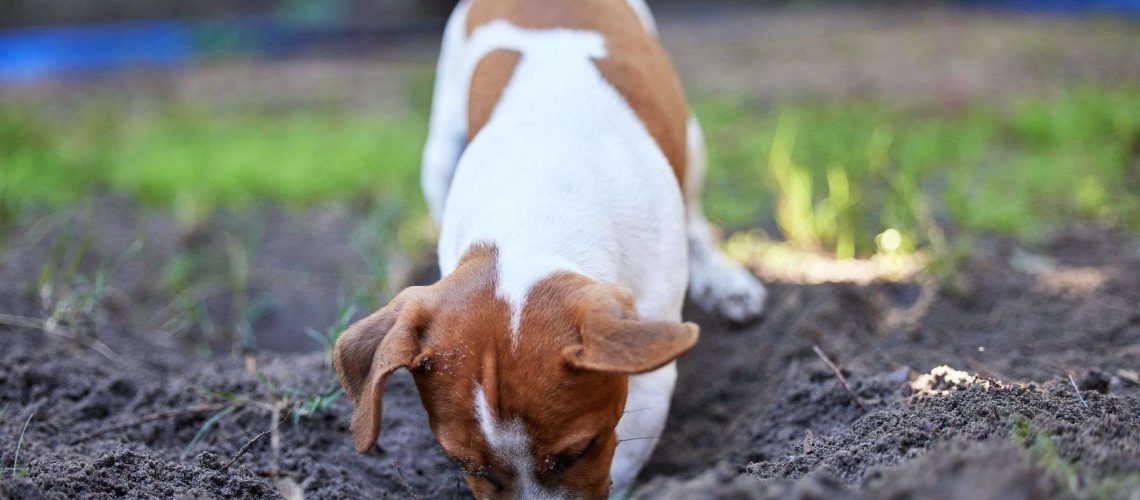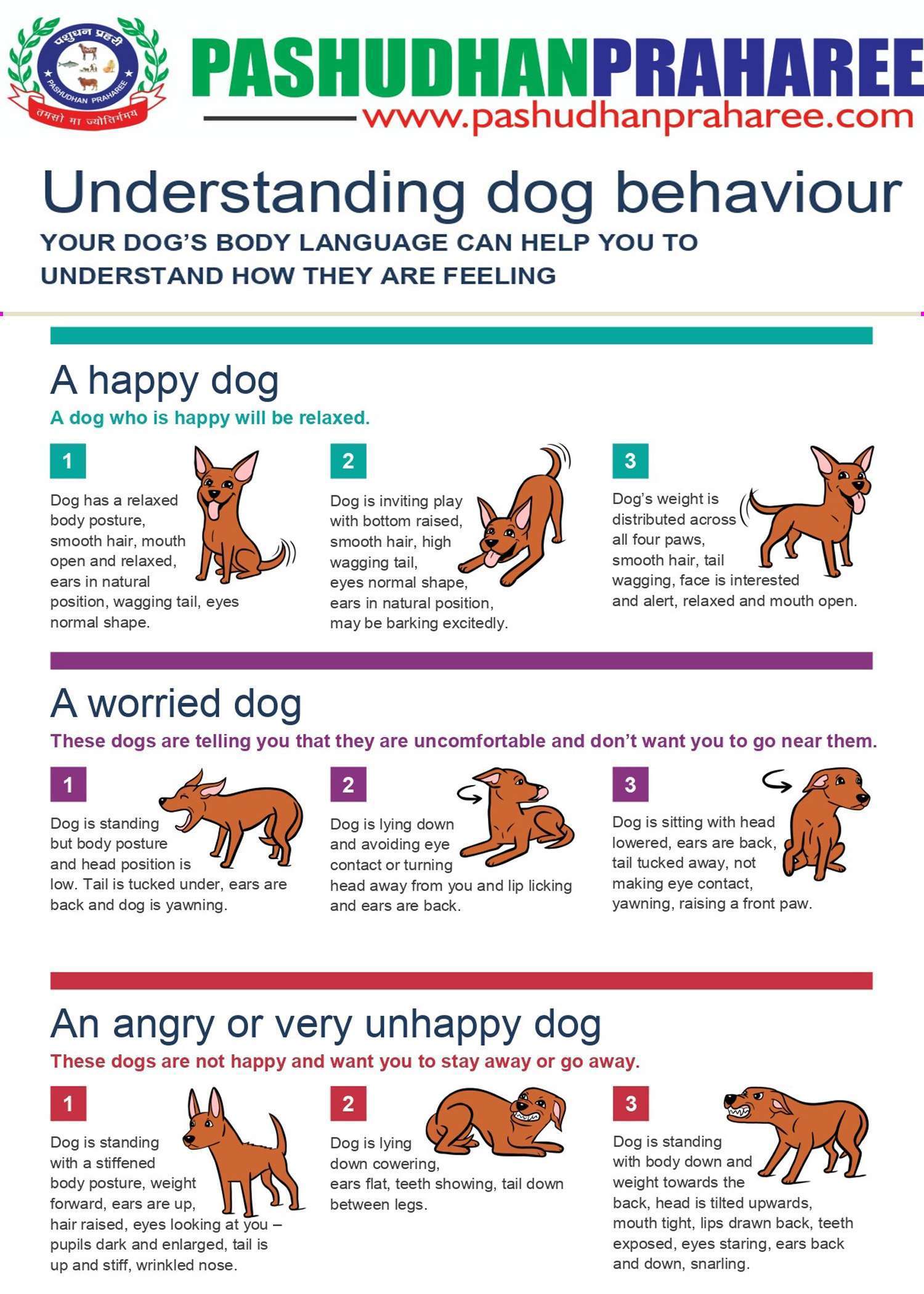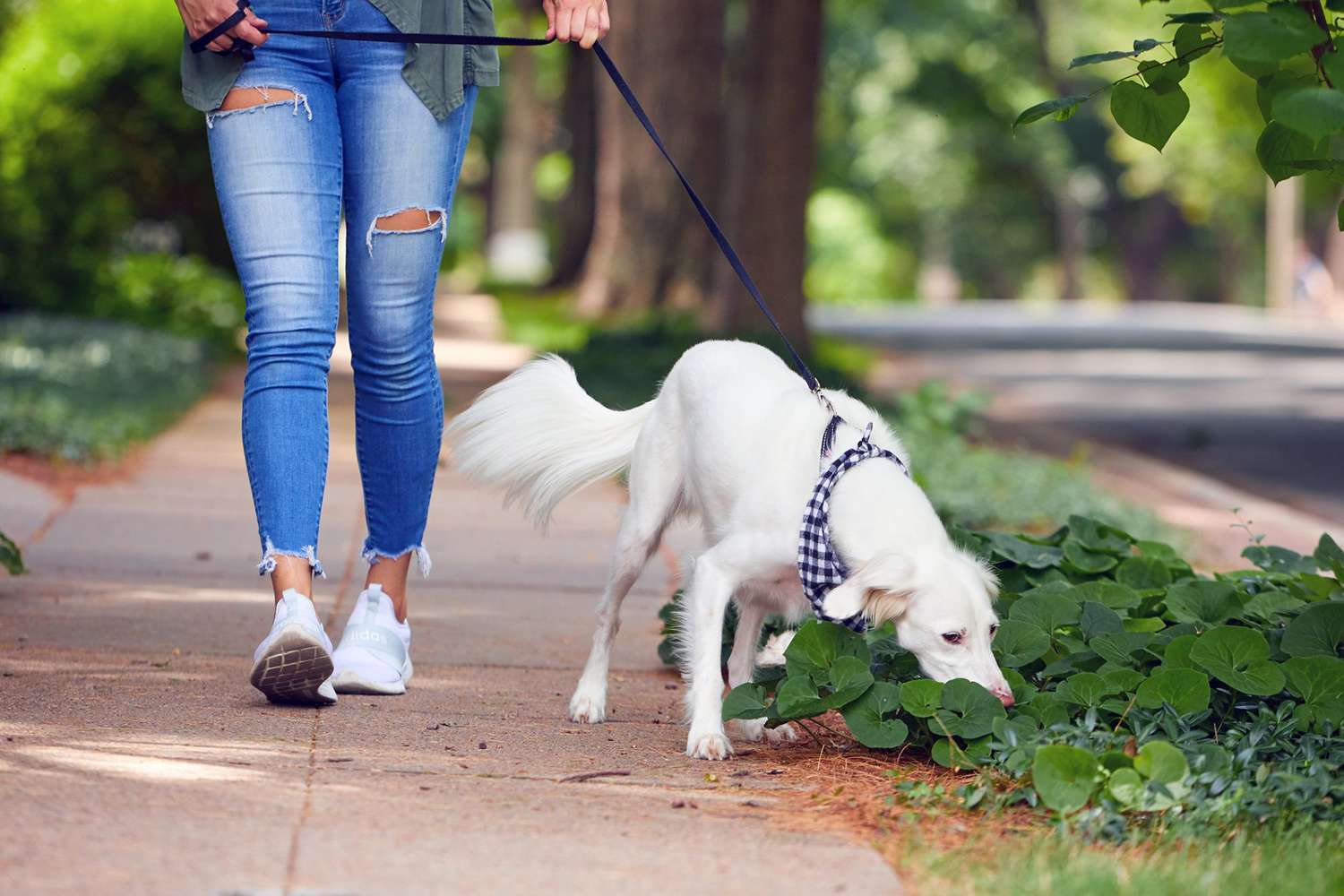Key Takeaways:
- 1. Dogs may dig due to instinctual behaviors such as hunting or finding a cool spot, so it's important to understand their motivations.
- 2. Boredom and lack of mental stimulation can contribute to excessive digging, so providing engaging activities and toys can help redirect their energy.
- 3. Proper exercise and regular walks can help alleviate restlessness and prevent dogs from resorting to digging as a form of entertainment.
- 4. Creating designated digging areas in the yard with loose soil or sand can satisfy a dog's natural urge to dig while protecting other parts of the garden.
- 5. Consistent training techniques like positive reinforcement and redirection can help discourage digging behavior and reinforce more desirable actions.
Are you tired of coming home to a yard that looks like it's been hit by a miniature bulldozer? Does your dog's incessant digging leave you frustrated and wondering why they can't just behave? Well, fret no more! In this article, we will uncover the 6 reasons why your furry friend is digging up your garden and provide you with foolproof techniques to put an end to this destructive behavior. Whether you're a seasoned dog owner or new to the world of canine companionship, understanding the underlying causes of digging is essential for maintaining a harmonious home environment. So, grab your shovel (metaphorically speaking) and let's dig into this topic together!
Why does my dog dig in the yard?
Dogs have a natural instinct to dig, and there can be several reasons why they do it. One common reason is that they are trying to bury something, like a bone or a toy. Dogs have a strong sense of smell, and burying things is their way of keeping them safe for later. Another reason dogs dig is because they are bored or looking for attention. Digging can be a way for them to release energy or get your attention if they feel neglected.
Some dogs may also dig because they are trying to escape from their yard. They might be looking for adventure or trying to find their way back to you if they are feeling anxious or lonely. It's important to understand why your dog is digging so you can address the underlying cause.
Common reasons for dogs to dig
Dogs may dig in the yard for various reasons:
- Burying objects: Some dogs have an instinctual need to bury bones, toys, or other objects as a way of protecting them.
- Boredom: If your dog doesn't have enough mental and physical stimulation, they may resort to digging as a form of entertainment.
- Hunting instincts: Certain breeds with strong hunting instincts, such as terriers, may dig in search of small animals like rodents.
- Escape attempts: Dogs that feel anxious or confined may try to escape by digging under fences or gates.
How excessive digging can harm your yard or garden
While some amount of digging is natural for dogs, excessive digging can cause damage to your yard or garden. Here are some potential harms:
- Ugly holes: Digging can leave unsightly holes and patches in your yard, making it look messy and unkempt.
- Destroyed plants: Dogs may accidentally trample or uproot plants while digging, leading to the destruction of your carefully cultivated garden.
- Erosion: If your dog consistently digs in the same spot, it can lead to soil erosion, which can be detrimental to the health of your yard.
- Unwanted pests: Excessive digging can attract pests like insects or rodents, which can cause further damage to your yard or even enter your home.
Potential health concerns with excessive dog digging
Excessive digging can also have negative effects on a dog's health:
- Injuries: Dogs that dig vigorously may injure their paws, nails, or even their teeth. They could also encounter sharp objects or toxic substances buried in the ground.
- Overheating: Digging requires physical exertion, which can cause dogs to overheat, especially in hot weather. This can lead to heatstroke or other heat-related illnesses.
- Skin problems: Constant contact with dirt and mud can irritate a dog's skin and potentially lead to infections or allergies.
Effective ways to prevent or stop your dog from digging
If you want to prevent or stop your dog from digging in the yard, here are some effective strategies:
- Provide alternatives: Give your dog designated areas where they are allowed to dig, such as a sandbox filled with loose soil. Encourage them to use these areas by burying toys or treats for them to find.
- Supervise outdoor time: Keep an eye on your dog while they are outside and redirect their attention if you see them starting to dig. Use positive reinforcement by rewarding them with treats or praise when they refrain from digging.
- Exercise and mental stimulation: Make sure your dog is getting enough exercise and mental stimulation to prevent boredom. Take them for regular walks, play interactive games, or provide puzzle toys that will keep their mind occupied.
- Fence reinforcement: If your dog is trying to escape by digging under the fence, consider reinforcing the bottom of the fence with wire mesh or burying pavers along the perimeter to deter them.
Using mental and physical stimulation to curb digging behavior in dogs
Dogs often dig out of boredom or excess energy, so providing them with adequate mental and physical stimulation can help curb this behavior:
- Training and obedience exercises: Engage your dog in regular training sessions to keep their mind active and teach them commands like "sit," "stay," or "leave it." This will redirect their focus away from digging.
- Puzzle toys: Give your dog puzzle toys that require problem-solving skills to access treats or food. These toys can keep them mentally stimulated and less likely to resort to digging out of boredom.
- Interactive playtime: Engage in interactive play sessions with your dog using toys like fetch balls or tug ropes. This will help burn off excess energy and provide a healthy outlet for their natural instincts.
Professional training methods to address excessive digging in dogs
If you're struggling to stop your dog's excessive digging behavior on your own, seeking help from a professional dog trainer or behaviorist can be beneficial:
- Positive reinforcement training: A professional trainer can use positive reinforcement techniques to teach your dog alternative behaviors and reward them for not digging. They can also help identify any underlying issues causing the digging and address them accordingly.
- Behavior modification: A behaviorist can assess your dog's specific digging triggers and develop a customized behavior modification plan. This may involve desensitization exercises, counter-conditioning, or other techniques to change their response to those triggers.
In conclusion, dogs dig for various reasons such as boredom, seeking attention, or trying to escape. By providing mental and physical stimulation, giving them designated digging areas, and using positive reinforcement techniques, we can help redirect their behavior and prevent excessive digging.
Will spraying vinegar stop dogs from digging?
Using vinegar can prevent your dog from digging. Although it is safe, the strong smell can be unpleasant for dogs and hopefully discourage them from digging. Simply mix water and vinegar in a spray bottle, shake, and spray! Cayenne pepper and vinegar both have the potential to work, but their effectiveness may vary depending on the dog.
Why is my dog digging so much all of a sudden?
If your dog experiences long periods of alone time due to a change in routine, they may start digging out of boredom or separation distress. Digging and other destructive or escape behaviors can indicate that your dog is feeling stressed and anxious.
What smell do dogs hate to stop digging?
The strong smell of citrus is disliked by dogs and can discourage them from digging in certain areas of the yard or around indoor plants. Using citrus scents is an effective way to keep your dog away from areas where they are not supposed to be.
Do coffee grounds stop dogs digging?
Prevent dogs from digging by using herbs. For example, planting strong-smelling herb bushes like rosemary in your garden will discourage dogs from approaching, as they do not like the scent. Another effective method is sprinkling chili pepper and coffee grounds throughout your garden to deter dogs.
Do dogs dig because of anxiety?
There are various reasons why your dog might dig, including anxiety or boredom. Dogs often dig as a way to alleviate these feelings, as digging provides both physical and mental stimulation. If your dog experiences separation anxiety, they may frequently engage in digging behavior.
Do certain dog breeds dig more?
Digging is a natural behavior in certain dog breeds, such as Terriers and Beagles, because they were bred to hunt and search for prey like rabbits or foxes. Some dogs also dig to create a shelter or den for themselves.

















